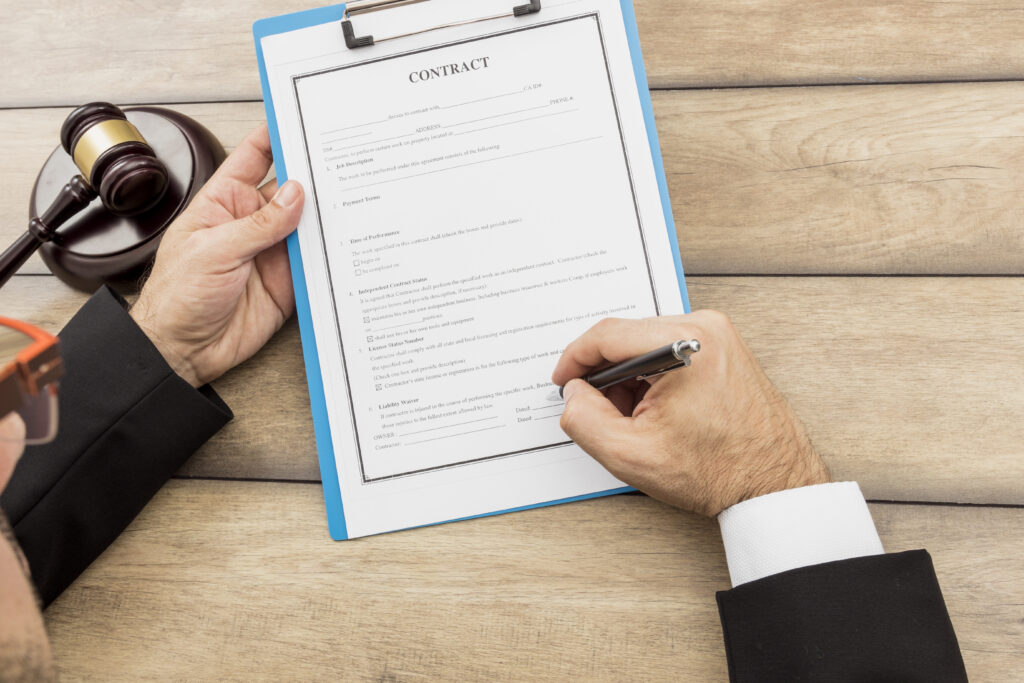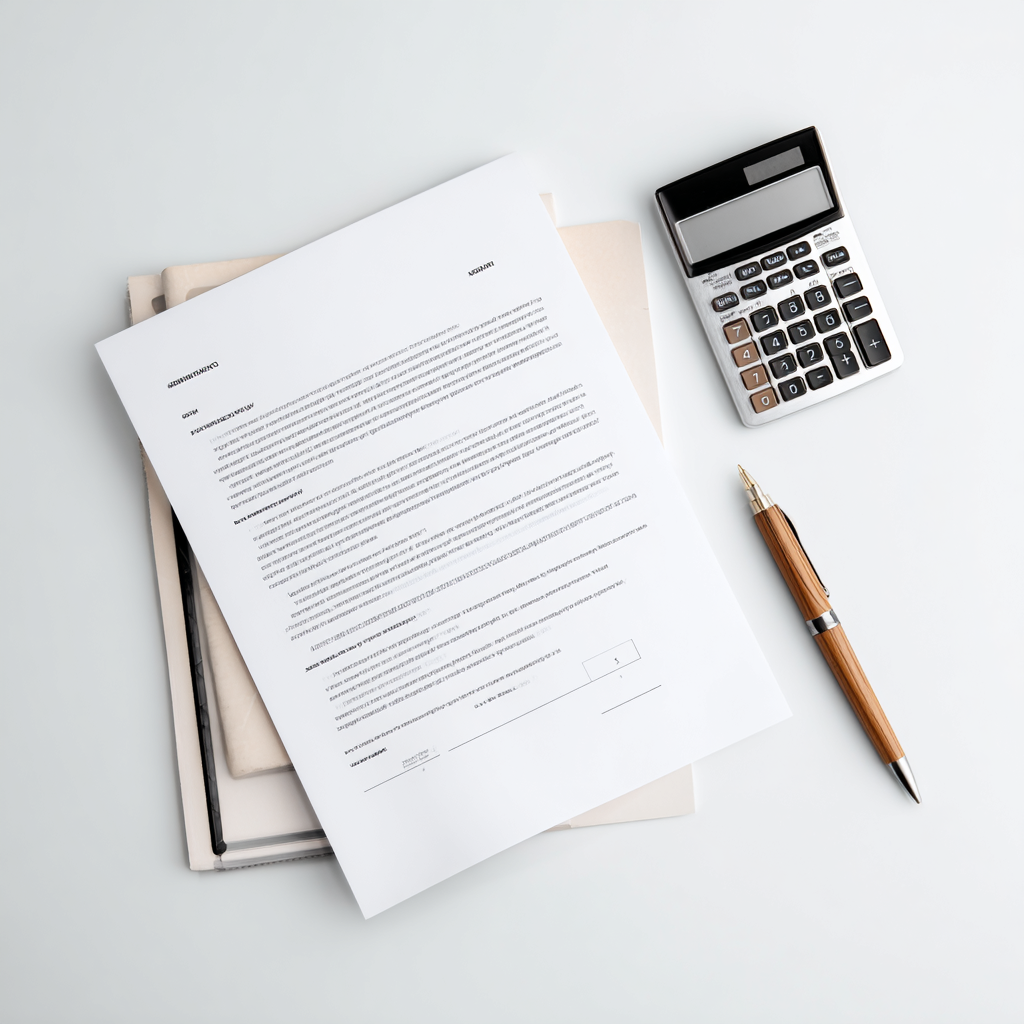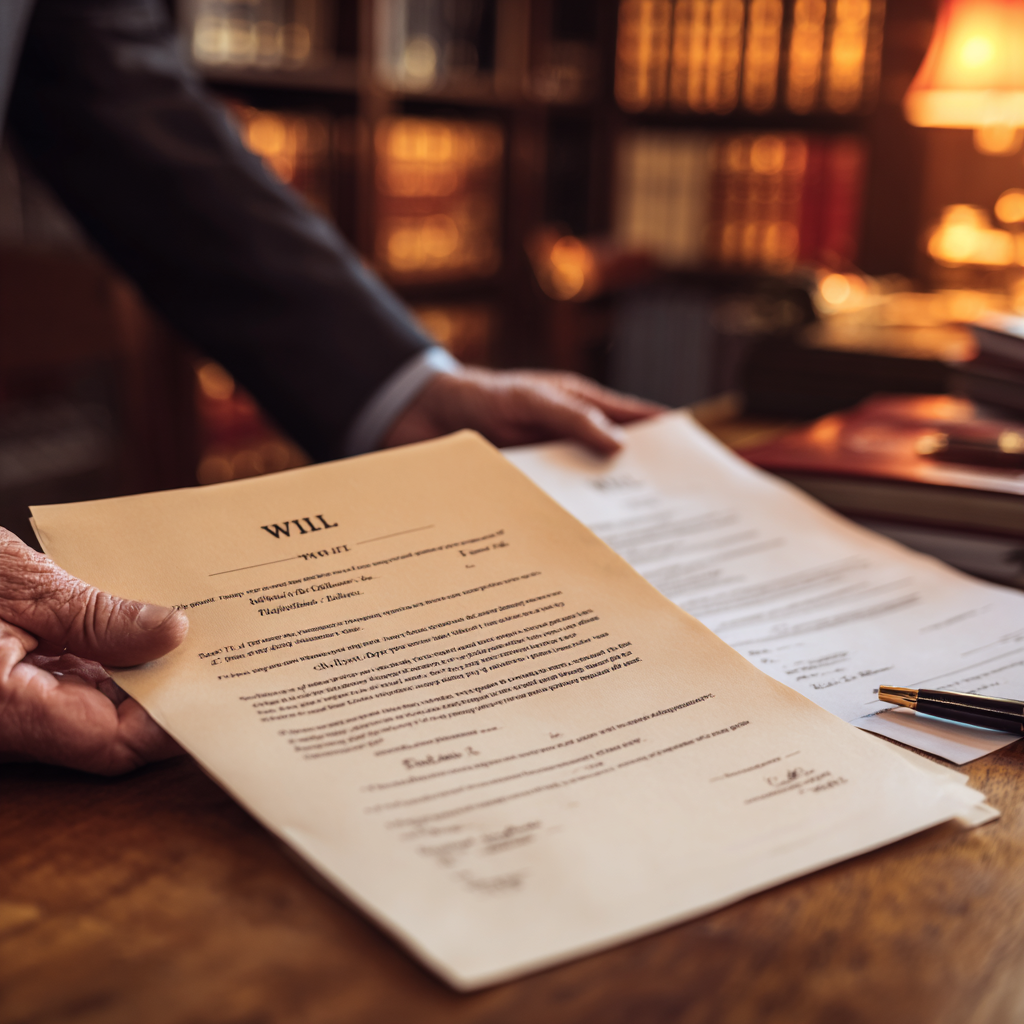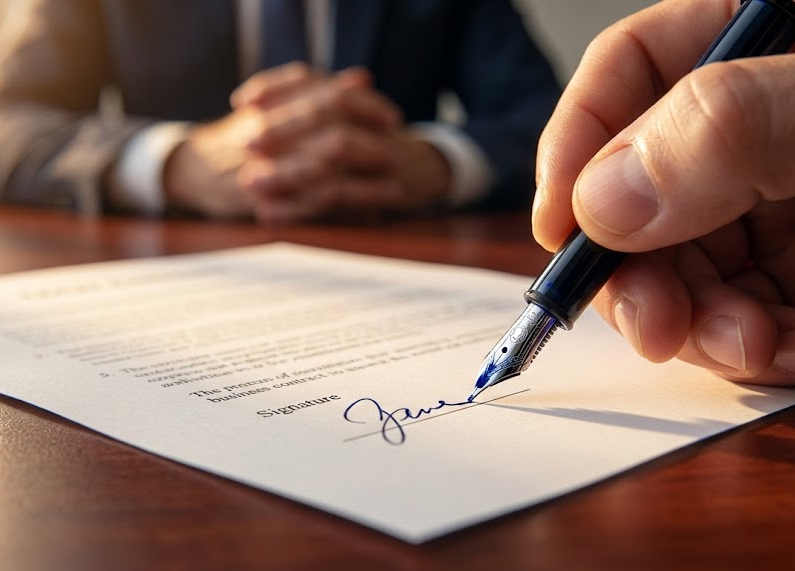When you close on a loan, whether buying a new home, refinancing an existing mortgage, or securing a home equity line of credit, you’re faced with copious amounts of paperwork. Among this stack of forms, certain key documents require notarization. This step is critical, as it verifies your identity and ensures the validity of your signature on documents that carry immense legal weight.
If you’re entering a loan transaction, you might be wondering what loan documents need to be notarized. Understanding this distinction is essential for a smooth and legally sound closing – but don’t worry. In this article, we will provide a clear checklist and explanation of the documents requiring a notary’s official stamp, so keep reading to check out everything you need to know about the subject.
What loan documents need to be notarized?

Let’s start with the fundamental rule guiding which loan documents require notarization: this diligence is mandatory for any document intended to be recorded with the county recorder’s office, and for any document that includes an oath or affirmation (a sworn statement).
The most important document requiring notarization is the security instrument itself. This document is known as the Mortgage or the Deed of Trust, though it might vary depending on your state. It legally pledges your property as collateral for the loan, giving the lender the right to foreclose if you fail to meet your payment obligations.
The reason this document requires notarization is simple: it must be officially recorded with your local county government. This recording process provides public notice of the lender’s lien against the property.
Without a valid notarization confirming the identity of the signer, the county recorder will refuse to accept the document, meaning the lender’s security interest is never legally established.

Many supporting documents during a loan closing require notarization because they contain declarations under oath. These are typically affidavits or sworn certifications where the borrower affirms the truthfulness of a statement.
Examples include Occupancy Affidavits, where you swear you will personally occupy the home, or Affidavits of Name, where you verify different variations of your name used across the closing documents. These sworn statements must be notarized to make the oath legally enforceable.
It is helpful to contrast the notarized documents with the main documents that usually do not require a notary.
The Promissory Note is the document where you promise to repay the loan and contains the financial terms, but it is typically not notarized because it is not recorded in the public land records.
Similarly, the Closing Disclosure, which outlines all the final costs and terms of the loan, is signed but generally does not require notarization.
Pro tip: even if not necessary, it’s good practice to notarize critical documents related to your loans and transactions!
Commonly notarized documents in a loan closing

Understanding the categories is important, but identifying the specific forms you will sign in front of a notary is crucial for closing day readiness. The following documents almost always require a notary’s stamp and signature:
- The Mortgage or Deed of Trust: it requires the notarized signature of every borrower who has an ownership interest in the property being pledged as collateral. It must be executed perfectly to ensure the lender’s lien is properly recorded with the county recorder;
- The Deed (for property purchase or transfer): although this document is related to the transfer of property title rather than the loan itself, it is notarized at the same closing table. The Deed legally transfers ownership from the seller to the buyer (or from the old name to a new name in some refinances). This document also requires notarization to be accepted for public recording;
- Occupancy Affidavits and Riders: they’re sworn statements confirming that the borrower intends to use the home as their primary residence, which is often a requirement for specific loan types (like FHA or VA loans). Because this document requires the borrower to swear to the truth of the statement, it must be notarized;
- ID and Name Affidavits: if there are minor discrepancies in how your name appears on your identification versus the loan documents, an affidavit is often required to clarify and verify your identity. This affidavit must be notarized because you are swearing under oath that you are the same person despite the slight differences in documentation;
- Specific Riders and Attachments: certain state- or loan-specific riders that become part of the publicly recorded security instrument will also require notarization. If the document references the Mortgage or Deed of Trust and is intended to be recorded alongside it, notarization is usually mandatory;
- Power of Attorney (POA): if a borrower cannot attend the closing, they may grant signing authority to an agent via a Power of Attorney. This POA document must be notarized, often weeks in advance. When the agent attends the closing, their signature on the closing documents is notarized as the agent signing on behalf of the borrower.
The role of the signing agent (notary public)

The notary public who manages the execution of the loan documents is often referred to as a “Notary Signing Agent” (NSA).
The NSA’s job is highly detailed and requires specialized training in handling many types of documents. They ensure that signers are correctly identified using valid government identification and that all required signatures are obtained in the proper places on the correct forms.
They also ensure that the notarial certificates on the specific documents – such as the Mortgage, Deed of Trust, and all Affidavits – are completed according to the state’s specific requirements. Any error in completing the notarial certificate can lead to the document being rejected by the county recorder, which will lead to inconvenient delays.
Throughout this transaction, the notary signing agent must maintain impartiality: they’re legally prohibited from providing any legal advice about the terms, rates, or effects of the documents being signed. Their function is strictly ministerial and observational, focused on ensuring the notarization itself is performed within legal bounds and with no mistakes.
The convenience of using a mobile notary signing agent for closings, particularly given the volume and sensitivity of the paperwork, is highly valued by borrowers and lenders alike! Learn more about mobile notarization here.
What happens if I skip notarization?

Well, the most immediate consequence of a missing notarization on the Mortgage or Deed of Trust is invalid recording.
The county recorder’s office reviews documents for correct notarization before accepting them into the public record. If the notarization is missing or flawed (e.g., an expired notary stamp or missing seal), the document will be rejected.
This means the lender’s lien against the property is not legally secured, putting the entire transaction in jeopardy.
Missing notarization leads to delays and resignings. The closing is stalled until the documents can be correctly signed and notarized again. This is a major nuisance for the borrower and creates delays in funding.
Furthermore, if an affidavit is required but not properly notarized, it is generally not legally binding. This nullifies the promise or certification made within the document, potentially violating the terms of the loan agreement.
Ensuring every required notarization is executed with zero mistakes is necessary to secure the loan and protect the home’s title.

Now you know what documents need to be notarized!
At the end of the day, understanding what loan documents need to be notarized provides you with clarity during what is often a stressful financial event.
As seen above, notarization is mandatory for any document that will be recorded publicly, such as the Mortgage or Deed of Trust, and for all affidavits requiring a sworn statement.
This process provides a necessary safeguard against fraud, ensures the legal validity of the documents, and protects the security of the lender.
Working with an experienced professional is the best way to avoid costly mistakes – and we at Mobile Notary Orlando are ready to assist with your loan document notarization needs. We’ll be there for you!
We provide specialized knowledge in handling complex closing paperwork across Orange, Seminole, Brevard, and Osceola counties, ensuring every signature and certificate is completed accurately and efficiently.
Contact us today for reliable and convenient mobile notary services!






